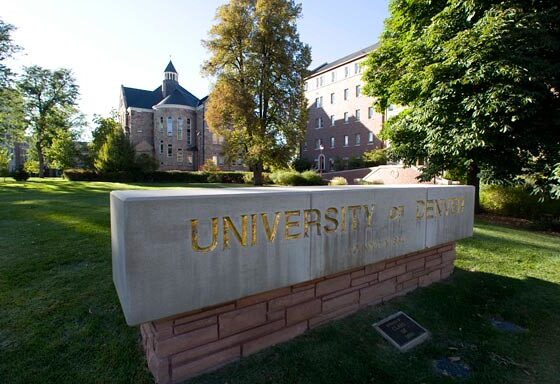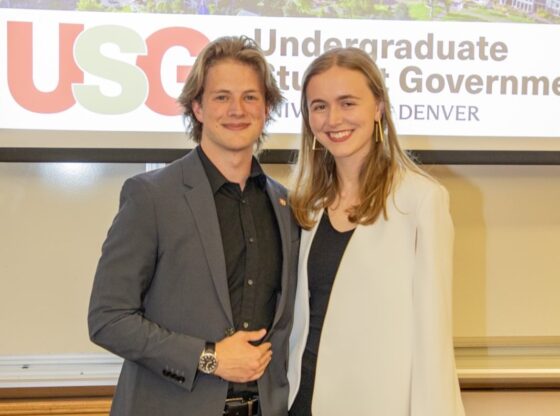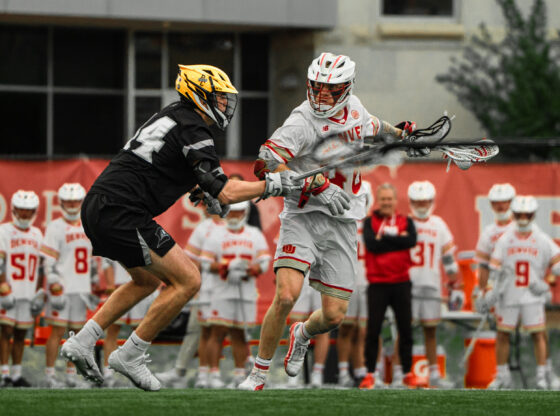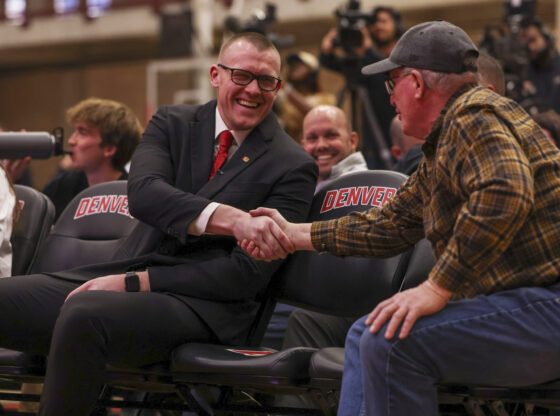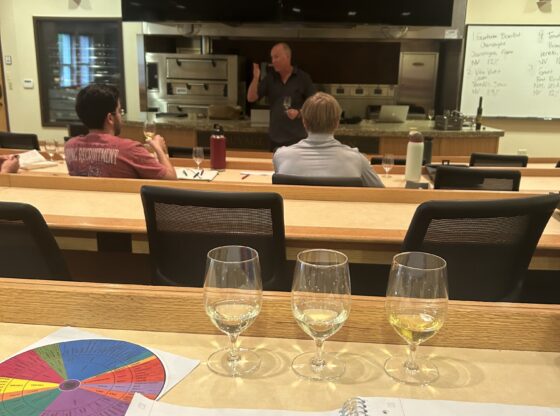President of Davis Companies Kenneth Kilroy had the all-time message for the “the next generation.” He was the keynote speaker for the Sixth Annual Excellence in Education Awards luncheon and addressed fellow faculty, staff and students on Tuesday.
“The Learning Effectiveness Program is also enthusiastic to work with Kilroy’s daughter and help her gain the skills to boldly face the challenges of her new college environment,” declared Ted May, director of the program.
In reference to the education system in general, Kilroy said his daughter “knows and has experienced the…failure to communicate accordingly to students with disabilities,” but they are ready to face the challenge.
The Americans with Disabilities Act, along with section 504 of the Rehabilitations Act requires that qualified students with disabilities be given equal opportunity to participate in university programs.
Under the ADA, the definition of “disability” is broad and refers to physical, cognitive, or psychiatric conditions that limit a person’s functional abilities.
Kilroy said today’s generation needs to make the necessary sacrifices in order to defeat “a common enemy and pursue a common purpose.”
Kilroy, a father of five and a businessman, addressed concerns his father’s generation, his generation and the next generation have and will confront.
The son of a World War II veteran, Kilroy was raised in an Irish Catholic home that never discussed the war or effects it had on his father’s life.
It was later in his life when Kilroy discovered his dad had once been trapped behind enemy lines for six weeks before he was able to escape. His father was one of two to survive out of a troop of 30 soldiers.
Kilroy’s experiences paralleled those of his father. Kilroy said his and his children’s generation also have faced many challenges, including those of war.
“The post World War II generation has been forced to face segregation, the right to vote and even the failure to match physical access to the disabled,” while “my father’s generation was just a collective of ordinary people, who were placed in extraordinary challenges,” he said.
Yet there was a resemblance in the generation of Kilroy’s father with the generation after Kilroy. Kilroy described it as the “need for a common enemy and common purpose.”
Kilroy said that 15 to 20 percent of students learn better without conventional reading and writing techniques.
He said, “I know I’m one of them.”
Kilroy also noted that teaching his children, who share a disability similar to his, to play chess has benefited their lives substantially. It helps them learn to think strategically and critically.
He said he is proud to discuss his children’s accomplishments, such as wining a state chess tournament.
Although in high school Kilroy received F’s in Latin and D’s in algebra, Kilroy never gave up.
He was advised to go to vocational school where he met the “right teacher” who changed everything.
Kilroy made a goal after attending undergraduate school in Ohio to become a mathematics teacher.
However, he changed his focus before graduating and decided to study accounting.
Through his college years, Kilroy worked as a postal clerk, often practicing his French in the back room.
Kilroy laughed and said, “Indeed foreign language, my French, was and is still not a skill I have mastered but I know after four years, some of my fellow postal clerks had mastered it.”
Upon graduation, he attended law school and passed his CPA test.
Now, Kilroy is excited to enroll his daughter at DU in the fall of 2003. He is eager to offer his child what he never had when he was in college.




